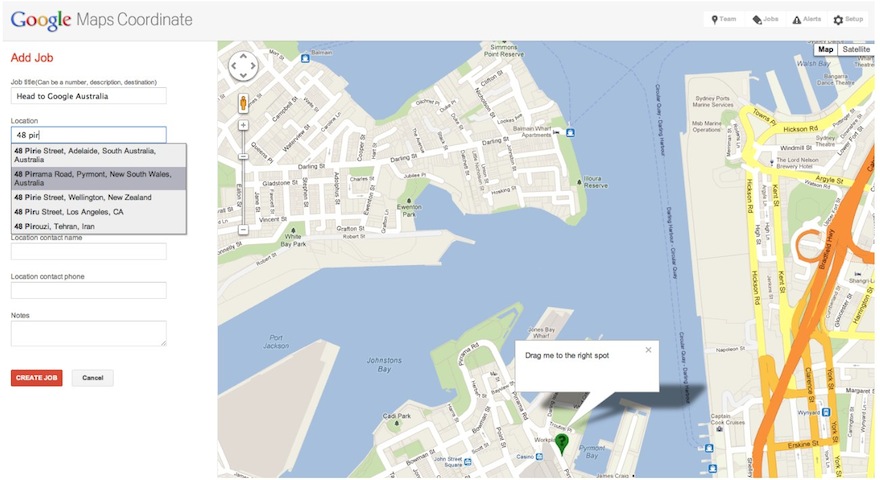How much opportunity does connecting all our machines to the internet really offer businesses and society?
Cisco’s Internet of Everything index released last week looks at one of the great opportunities facing today’s managers in realising business value in these new technologies .
On Cisco’s calculations, the internet of everything is worth over $14.4 trillion to the world economy and nearly half the business benefits are going wasted.
Germany and Japan lead the pack and, as discussed yesterday, Australia wallows between China and Russia.

Despite German businesses being the leaders, Cisco estimates $33bn, or nearly 40% of the potential gains, isn’t being realised even in that country.
How different industries are using the internet of machines is notable as well, with Cisco claiming the biggest benefits currently being realised by the IT industry while the greatest potential lies in the service, logistics and manufacturing industries.

If anything, these projections could be on the conservative side with Cisco estimating fifty billion devices connected to the net by 2020. Given the rate of smartphone being sold and everything from vending machines to clothing being online, it may well be ten or even a hundred times that number.
The real challenge for businesses in all these projections is how individual organisations can realise this value in their operations.
For some businesses, there’s plenty of existing opportunities with well established services in areas like field services and logistics tracking the locations of staff and packages. These are relatively simple to incorporate into existing operations.
In other applications, businesses will find things more complex as the connected devices will tie into analytics and Big Data plays. These won’t be simple.
One particularly important area for the workforce as a whole in business process automation where many tasks currently done by humans can be carried out by machines talking to each other.
This is already happening in fields like fast moving consumer goods and hospitality where stock levels can be automatically monitored and replacement stock ordered in without staff being involved. As the technology becomes more widespread this will threaten the roles of many previously well paid managers.
Many of those managers though will be challenged anyway unless they’re prepared to deal with the changes that internet of things is bringing to their businesses.
How do you think the internet of everything will change your business?




